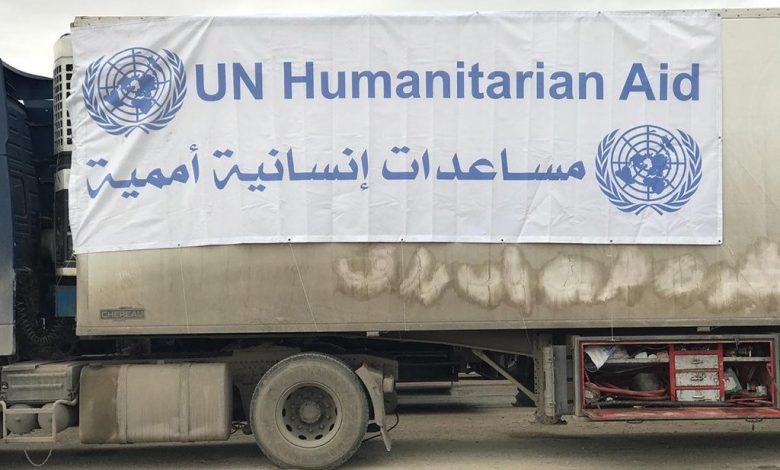The United Nations World Food Program issued a statement on Wednesday, warning of an unprecedented financial crisis that will result in a reduction of aid to 2.5 million people in Syria starting in July. The program emphasized that 5.5 million Syrians rely on their assistance to meet their basic food needs, and nearly half of them will lose this vital support due to the organization’s current financial challenges.
In light of this situation, the World Food Program has made the difficult decision to prioritize aid for 3 million Syrians who are unable to sustain themselves without weekly food assistance. Consequently, they will be unable to continue providing assistance to the remaining 5.5 million people, leading to a complete depletion of food assistance by October.
Response Coordinators Warn of Repercussions of WFP Aid Cuts to Syria
Ken Crossley, the WFP Representative and Country Director in Syria, expressed his concerns, stating, “Instead of increasing aid or even maintaining it at current levels to meet the growing needs, we find ourselves in the unfortunate position of having to withdraw aid when people need it the most.”
Simultaneously, the UN’s announcement aligns with the commencement of the Brussels 7 donors’ conference. During this event, the International Committee of the Red Cross (ICRC) highlighted that “restrictive measures and international sanctions” have hindered the import of crucial spare parts necessary for maintaining vital infrastructure in Syria’s major cities. As a result, the ICRC continues to advocate for the inclusion of specific and sustainable exceptions in the existing sanctions regimes that currently lack such provisions.
The ICRC further emphasized that the impact of the sanctions has severely affected water treatment plants, leading to significant damage and reduced operational capacity. Consequently, numerous areas in Syria are now experiencing a distressing decline in access to safe drinking water.
This article was translated and edited by The Syrian Observer. The Syrian Observer has not verified the content of this story. Responsibility for the information and views set out in this article lies entirely with the author.


